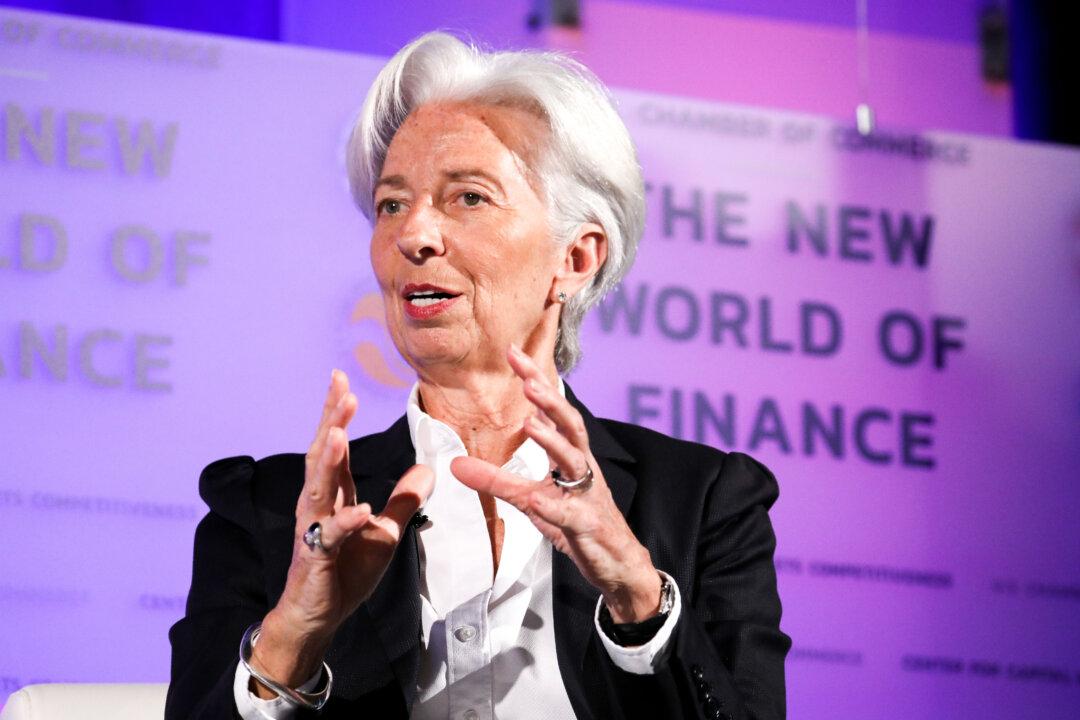WASHINGTON—The rising power of a few corporate giants could weaken investment, deter innovation, and reduce the share of income paid to workers in advanced economies, according to a new report by the International Monetary Fund (IMF).
While the overall macroeconomic effects of the rising “monopoly problem” have been modest so far, further increases in the market power of big companies could become increasingly negative if they were left unchecked.





